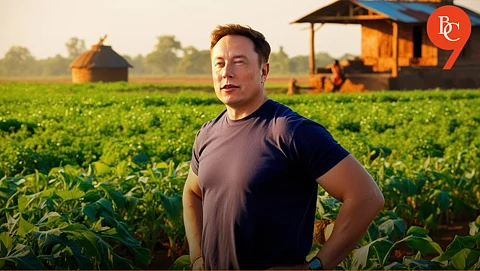

Elon Musk’s neurotechnology firm Neuralink has recorded early success following its first two human brain implant surgeries, a milestone Musk believes could lead to millions of people regaining lost neurological functions like movement, speech, or even vision.
Taking to his social media platform X (formerly Twitter) on Monday, Musk wrote, “Neuralink’s implants have already helped the first patient control a computer mouse with their mind. The second patient is recovering well. Over time, these devices could help millions reclaim powers lost due to brain or spinal damage.”
Neuralink’s core technology involves a high-precision brain implant; often called the "Link" chip; embedded directly into the skull, with ultra-thin wires transmitting neural signals from the brain to external devices. The idea: create a seamless brain-computer interface (BCI) that allows a person to interact with machines using thought alone.
The company's first human implant surgery took place in January 2025. Neuralink revealed that the first patient successfully demonstrated the ability to control a computer cursor with pure thought; a key validation of the BCI’s functionality.
Musk now confirms that the second surgery was also successful, and that the patient is recovering without complications. The procedure was performed using Neuralink’s custom-built robot designed to achieve micron-level precision while inserting threads into the brain.
The company intends to expand trials into Europe and Asia by 2026, pending regulatory clearances. Neuralink is also working on wireless charging, user interfaces, and data privacy frameworks to make its solution commercially viable.
Musk’s Neuralink endeavor is part of his larger vision to “merge the human brain with artificial intelligence”, ensuring humans are not outpaced by AI. While still far from full realization, these first successful surgeries suggest that BCI technology may be entering a new era.
